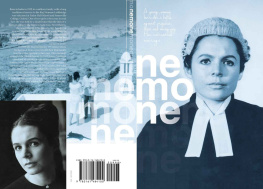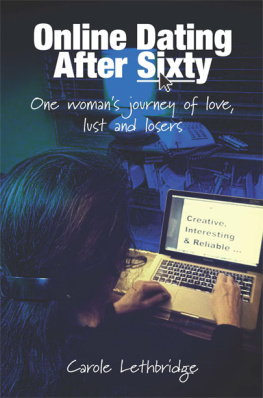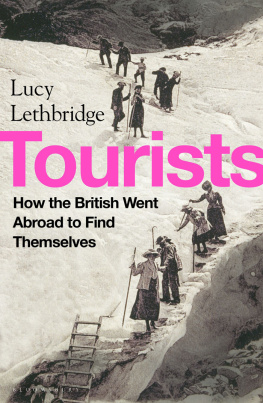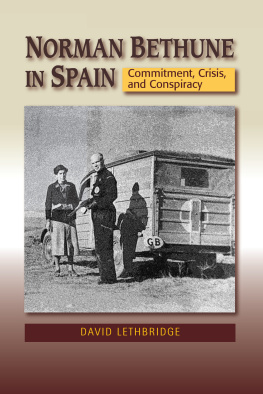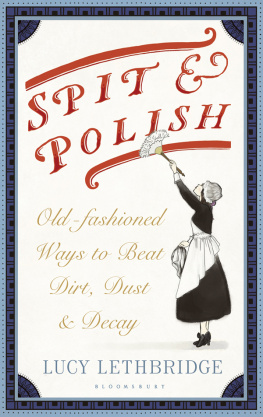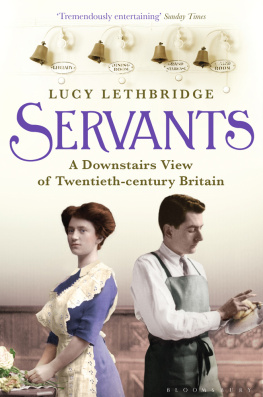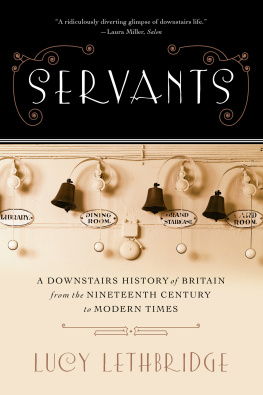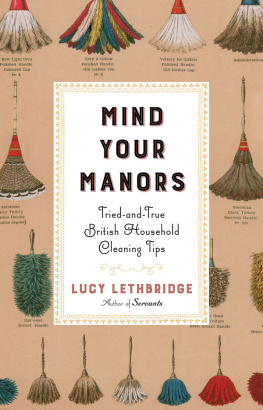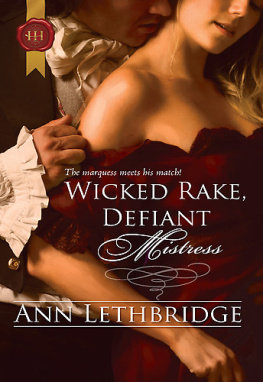NEMONE
A young woman barristers battle against prejudice, class and misogyny.
Her controversial marriage .
Nemone Lethbridge has asserted her rights to be identified as the author of this work in accordance with Section 77 of the Copyright, Designs and Patents Act 1988
All rights reserved. No part of this publication may be reproduced, stored in a retrieval system or transmitted in any form or by any means, electronic, mechanical, photocopying or otherwise, without the prior written consent of the publisher.
First published in the UK in 2021 by Milo O'Connor
All enquires to
Graphics www.lissakdesign.com
2021 Nemone Lethbridge
Acknowledgements
I can never thank Michael Dover enough for the hours he has spent editing and correcting my manuscript, for his kindness and constructive criticism. Without Michaels help I would never have got this show on the road. I must also thank my dear friend Elli Petrohilos who typed the manuscript and put me right on all matters Greek. To Anthony Adewumi who helped at the early stages. To Katie Gollop QC who makes marvellous things happen. To Mark Lissak who did the graphics, restoring many old precious and damaged photographs. To my grandson Finlay OConnor who researched the fate of the Goebbels children. Finally, to my son Milo O'Connor who gladly took on the double task of agent and publisher.
To my sons and grandchildren.
CHAPTER ONE
NEMONE
March 1932: I was born in India, a child of the British Raj. The lights failed that night in the Quetta Military Hospital, and I came into the world by the light of a hurricane lamp. My mother had refused anaesthetics during her labour, not wishing to have, as was her right as the wife of an officer, what was denied to the wives of the soldiers.
My parents engaged a nurse for me, a large affable girl of mixed race. She was kind and competent enough Im told, but on her nights off, to supplement her wages, she would service the soldiers from the nearby cantonment. One morning she was found on a mountain road with her head stoved in, and, as it is said, multiple injuries. At the inquest (which returned a verdict of murder by a person or persons unknown) a client said in evidence Theres some as calls her the buffalo, some as calls her the hephelant, but I always known her as the warthog. No one claimed the body.
After that my mother decided to dispense with nurses and nannies and to look after me herself. Ayahs she would not entertain, having seen too often the spoilt, brattish product of their gentle regime. Her decision was regarded as eccentric in the world in which she lived. What an oddity said the other army wives. Cant play bridge; wont drink gin; looks after her child herself.
My father took me on his knee. He smelled of pipe tobacco and had a prickly face.
Hutti tutti, little donkey
Hutti tutti, little donkey
Hutti tutti, little donkey
Bismillah, grumpy old camel
Bismillah, grumpy old camel
Bismillah, grumpy old camel
At this point he threw me into the air. As he dangled me, I shrieked with laughter. So I dangled my children and later my grandchildren who also shrieked with joy. Again, again until this day.
I had no birth certificate, which has caused me much hassle with bureaucrats ever since. (A baptismal certificate from Holy Trinity Church, Simla, never quite fits the bill.) This problem I share with many immigrants from the sub-continent who are routinely refused entry to the United Kingdom for lack of documentation. What need of papers? they know the village where they were born; they know they are the children of so and so. Isnt that enough? We children of the Raj knew that we were British even though for generations our forebears had been born anywhere other than the British Isles. It took an Act of Parliament to give us what we had always taken for granted.
My father was, at the time of my birth, a captain in the Bengal Sappers. He was born in Bangalore, as his father, Colonel Sydney Lethbridge, another loyal servant of the Raj, had been before him. The name Lethbridge is a corruption of leatherbreeches, itself a translation of the Old Norse Lodbrog . The founding father of the family, Ragnar Lodbrog, a Viking who was based at Scara Brae in the Orkneys , is reputed to have sacked London, Dublin and Paris. He met his death at York where his enemies persuaded him to take off his leather armour after which they threw him into a pit filled with poisonous snakes. The family are immensely proud of this charming fellow. I named my eldest son after him. My father succeeded a line of Asian-born ancestors going back to the days of the East India Company John Company they would have called it for whom they provided what was in effect a private army. However, had you asked any one of these sub-continental Lethbridges where they came from, firmly they would have replied, Devon, of course. They would have seen no paradox in the answer: the country churchyards of Devon are replete with Lethbridge graves.
My maternal grandfather, Herbert John Maynard, known as Bertie, was the only member of my immediate family to have been born in England. His father, Frederick Waite Maynard, a gentle aesthete, was a founding member of the Medici Society. He married Mary Margaret, daughter of David Gravell who printed and published Hansard, the official record of Parliamentary proceedings. Frederick Waite Maynard died when his wife was only twenty-four and mother of three young children. She became headmistress of Fernbank, a girls boarding school on Wandsworth Common and all too quickly mutated from tragic young widow to a gruesome old dragon who sought to dominate all those around her. Her grandchildren remembered her without affection. It was her habit, when they displeased her, to fix them with a basilisk stare and address them as dog.
Bertie, a lonely, introverted child, avoided, whenever it was possible, the clutches of his alarming mother and escaped into the ancient world. Athens, Sparta, Marathon were more congenial, more real to him than the suffocating female regime at Fernbank. Attending Merchant Taylors School as a day boy, he regularly spent his dinner money on books. His mother seemed not to notice how hungry he was or how thin. She took sole credit for his achievement when, at the age of sixteen and proficient in Latin, Greek and Hebrew, he won an open scholarship to St Johns College Oxford. There, on Buttery Staircase, he shared quarters with Gilbert Murray and Walter Alison Phillips, both in time to become, respectively, eminent classical scholar and historian. The three men were of a similar cast of mind: agnostic in religion, rational in philosophy, admirers of Edward Gibbon and Sir James Frazer, gentle in their personal relationships, true sons of the Enlightenment. They enjoyed a lifelong friendship, as close when continents separated them as when they shared digs in Oxford.
Bertie had set his heart on an academic life. He had, however, a perverse fondness for taking exams. Having heard that the most difficult in the public sector was the entrance examination for the Indian Civil Service (more challenging, so it was said, than the Foreign Office entrance) he decided to give it a try, just for the hell of it. Of some three hundred and fifty entrants he came out sixth. This he regarded not as a success but as a humiliating failure for which he had to make a grovelling apology to his mother (she of course had expected him to come first). It was as much to escape her recriminations as to satisfy his longing for adventure that he decided to accept a twelve-month posting to India. He promised the old gorgon that he would return at the end of the year and take up a fellowship offered by St Johns. In the event he broke his undertaking (the first and last time in his life he did such a dastardly thing) and stayed in India for forty years. An assistant commissioner for an area the size of East Anglia at the age of twenty-two, he combined the duties of travelling magistrate, administrator and arbitrator. Later he became Financial Secretary of the Punjab (a post roughly equivalent to that of Chancellor of the Exchequer) and Vice Chancellor of the University of Lahore.
Next page
